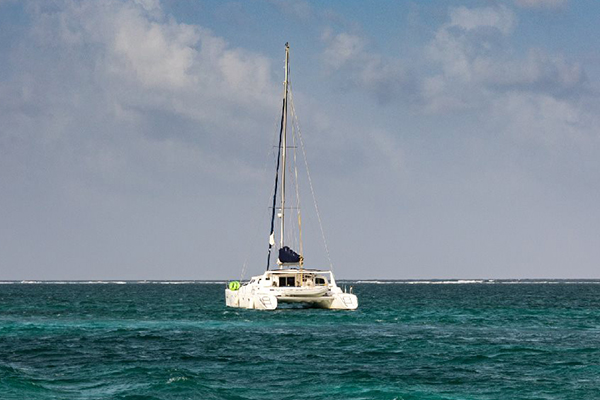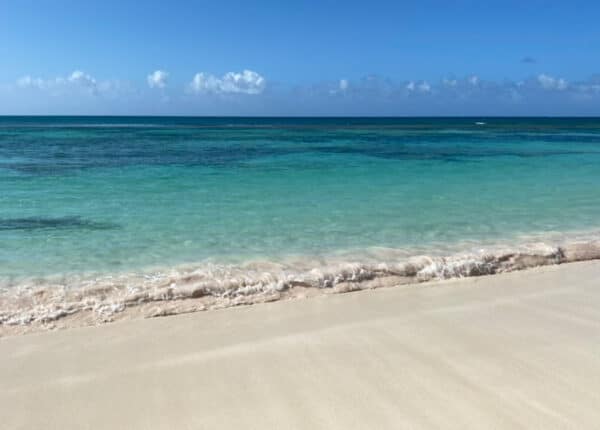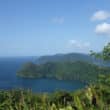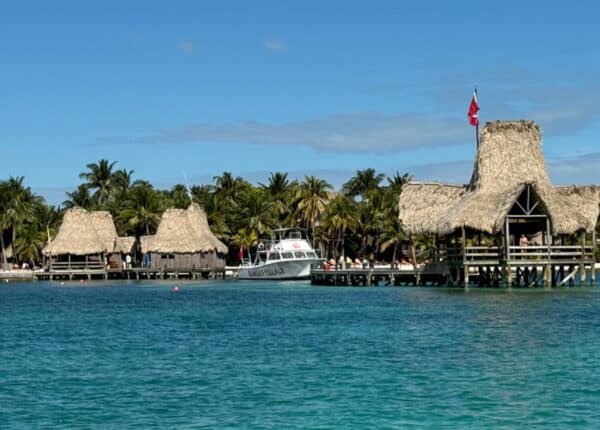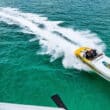Belize Is Expanding Its Marine Protected Areas in a Big Way
By Dana Niland
CJ Contributor
The government of Belize will expand its network of no-take zones, a type of marine protected area, from three percent to over 10 percent by the end of 2018.
The expanded areas are managed in accordance with a national secure fishing rights program established in 2016.
“For Belize, a healthy ocean and small-scale fishing are a matter of survival,” said Fisheries Administrator Beverly Wade. “We are a country dependent on our seas for jobs, income, and food. We are taking this step because the culture and health of our communities are intricately tied to healthy reefs and fisheries.”
This new expansion comes as Belze was recognized for the impact of its sustainable fisheries.
According to the most recent “Mesoamerican Reef Report Card” by Healthy Reef for Healthy People, Belize’s no-take zones growing fish populations and biodiversity.
“Belize continues to show the world the way forward,” said Amanda Leland, the Environmental Defense Fund’s Senior Vice President for Oceans. “With secure fishing rights already established nationwide, expansion of these no-take zones shows how sustainable fishing and protected areas can work together to create healthy reefs and growing fish populations that will provide long-term benefits for the people who depend on them.”
Along the Belize Barrier Reef there is a high level of biodiversity– mangroves, corals, seagrass, cayes and their populations of conch, lobster, and reef fish.
In 2016, in response to growing threats to the health of their fisheries, Belize established a nationwide secure fishing rights program, the first of its kind in the world.
Belize’s approach creates incentives for fishing communities to become stewards of their fisheries.
At the center of the solution being adopted by Belize is “Managed Access,” a combination of secure fishing rights and empowerment of fishermen.
Under this approach, fishers and fishing communities control their own future through licenses, giving them access to fish in specific geographic areas–or Territorial Use Right for Fishing–of the fishery, and responsibilities to help manage the areas and observe regulations.
Together, managed access and no-take zones are designed to help rebuild fish populations while protecting critical habitat.
The newly announces expansion will help Belize meet the challenge of protecting the second largest barrier reef in the world, while ensuring its resources can help meet sustainable development goals.
“These expanded no-take zones combined with sustainable fishing are essential for achieving Belize’s objectives for environmental conservation and biodiversity while providing a source of healthy nutrition and food security, and jobs in some of our most vulnerable communities,” said Wade.
The organization added it hopes that the approach will open up new opportunities for the seafood industry, and for blended and private capital to finance the reform and governance of fisheries.
The EDF estimates that more than $200 billion of investment is needed globally to implement sustainable fishing reforms.
“These remarkable efforts in Belize have already demonstrated reductions in illegal fishing, models of community-based co-management of fisheries, and improvements in the health of its valuable coral reef ecosystem,” said Larry Epstein, Director for EDF. “Those looking to invest in countries committed to sustainable fishing reforms should take note.”

